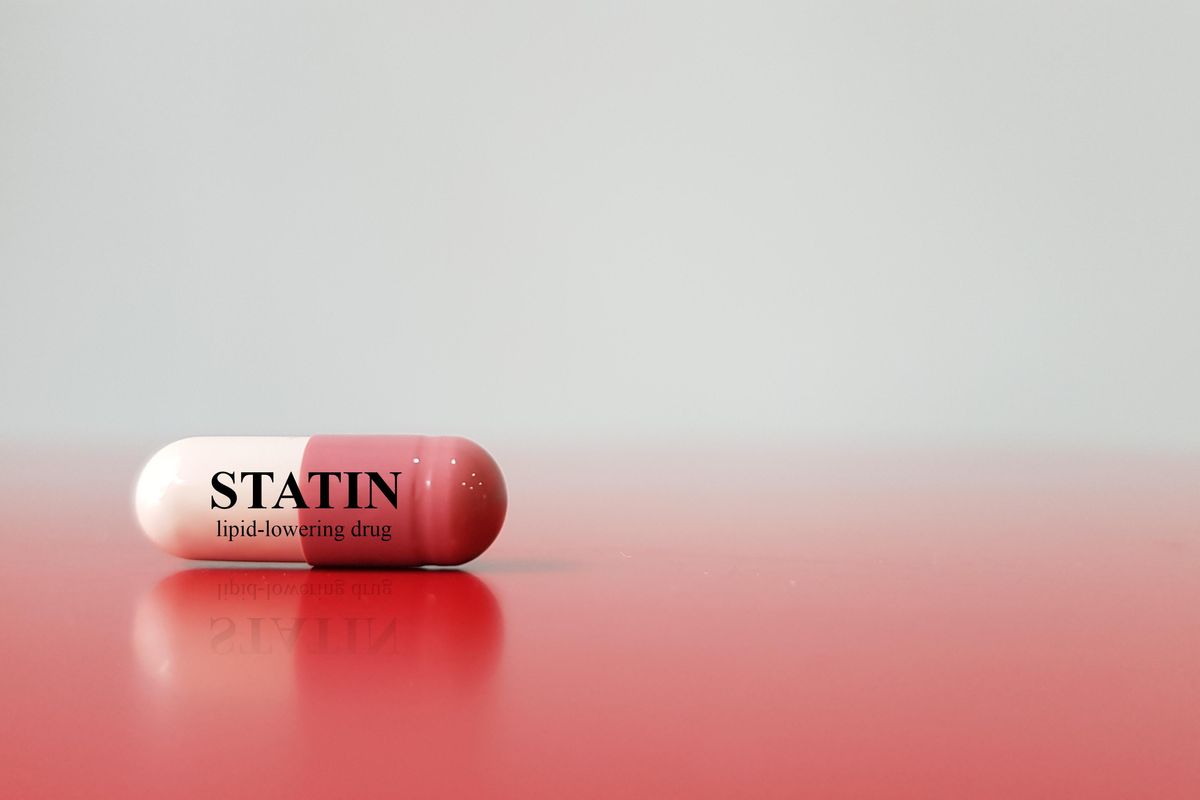Q:
My doctor just put me on a statin even though my LDL (bad) cholesterol levels are 120 mg/dL. She said that because I have diabetes, I should be taking a statin. Is this true?
A:
Your doctor is correct. Simply having diabetes—even without any other risk factors—significantly increases your risk of heart disease. In addition, people with diabetes are far likelier to die from a heart attack than those without diabetes. That is why the federal government's guidelines for managing cholesterol calls for people with diabetes to maintain a lower LDL cholesterol level (less than 100 mg/dL) than any other group. And studies find that people with diabetes who take statins can reduce their risk of nonfatal heart attacks and death from cardiovascular disease from 20 to 40 percent.
The national cholesterol guidelines call for starting drug therapy in people with diabetes when their LDL is 130 mg/dL or higher even with lifestyle changes such as exercise, diet and weight loss. The American Diabetes Association (ADA), however, recommends adding statin therapy to lifestyle changes regardless of baseline cholesterol levels in people with diabetes who already have cardiovascular disease, or in those over age 40 who have one or more other cardiovascular disease risk factors.
Risk factors include smoking, being overweight, a family history of heart disease, lack of physical activity and high blood pressure. Even being 65 and older and/or being male are considered risk factors. Other risk factors include significant stress and drinking too much alcohol (which can raise blood pressure). The ADA also suggests that physicians consider statin therapy if LDL levels remain above 100 mg/dL despite lifestyle therapy even if there are no other risk factors.
If you already have cardiovascular disease, your goal with treatment should be an LDL below 70 mg/dL or, at the very least, an LDL cholesterol about 30 to 40 percent lower than when you started the medication.
But your LDL levels aren't the only numbers you should keep under control. People with diabetes are also more likely to have low levels of the so-called "good" HDL cholesterol and high levels of triglycerides, another blood fat that is an independent risk factor for heart disease. That's why your triglyceride levels should remain below 150 mg/dL and your HDL levels above 50 mg/dL. While statins can help some with these levels, other medications might be needed.
So, yes, your doctor was right to prescribe a statin. Take it for a couple of months and see how you do. Make sure you tell your doctor about any side effects that bother you. And don't forget the second part of the cholesterol-lowering equation: lifestyle changes. That means 30 to 60 minutes of physical activity most days; reducing the amount of saturated and trans fat in your diet; and following a healthy diet high in whole grains and fruits and vegetables.







